New Delhi, June 5, 2024 —The national elections in India are often seen as a grand festival, filled with vibrant activities and high stakes. Despite the celebratory atmosphere, there is always an underlying current of conflict and tension. The question on everyone's mind is: who will be the custodian of Indians' lives for the next five years?
As the elections began on April 19, there were concerns about the participation of Muslim candidates. Since the Narendra Modi government came to power, there have been allegations of increased violence and hatred against India's Muslim minority. Prime Minister Narendra Modi's speeches often highlight India as a place of Sanatan Dharmalambi, leading to unprecedented attacks on the minority Muslim population in various regions.
Despite these challenges, several Muslim candidates emerged victorious in the elections:
Mohammad Hanifa, an independent candidate from Ladakh, won by 27,862 votes.
Abdul Rashid Sheikh, another independent candidate, secured 470,000 votes in the Baramulla seat of Jammu and Kashmir.
Mohibullah of the Samajwadi Party won in Uttar Pradesh's Rampur constituency with 481,503 votes.
Zia ur Rahman triumphed in Sambhal by a margin of 102,000 votes.
Mia Altaf Ahmed of the National Conference defeated former Chief Minister Mehbooba Mufti in the Anantnag-Rajouri seat of Jammu and Kashmir by 281,794 votes.
Agha Syed Ruhullah Mehdi, another National Conference candidate, won the Srinagar seat with 356,866 votes.
Rakibul Hussain of the Congress won the Dhubri seat in Assam by a margin of 1,012,000 votes, defeating AIUDF candidate Badruddin Ajmal.
Overall, the Congress-led India Alliance won 231 seats, while the BJP-led National Democratic Alliance (NDA) secured 295 seats. This marks the first time Prime Minister Narendra Modi will have to rely on the support of his allies to form a government. In the 2014 and 2019 Lok Sabha elections, the BJP won 282 and 303 seats, respectively.
With the BJP falling short of a majority, India is now in the process of sending proposals to NDA partners in hopes of garnering support to form a stable government. This shift highlights the evolving political landscape in India, where coalition politics are becoming increasingly significant.
As Modi prepares for a third term as Prime Minister, he faces the challenge of navigating a coalition government and addressing the pressing concerns of the electorate. The results underscore a critical moment in India's political history, reflecting the electorate's desire for development and economic stability over religious and identity politics.



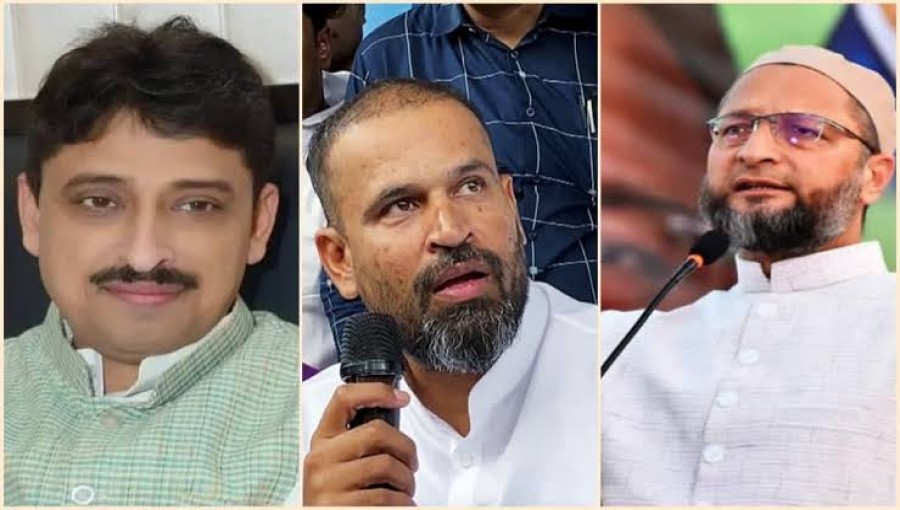

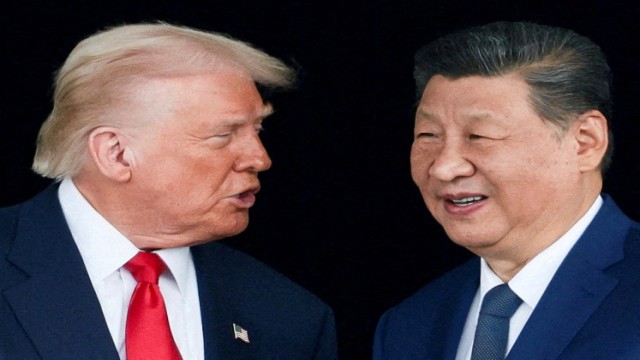
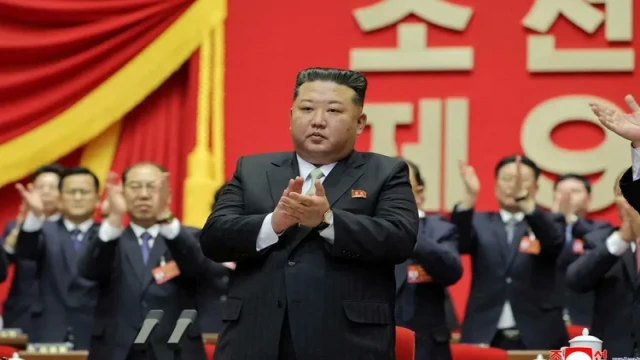
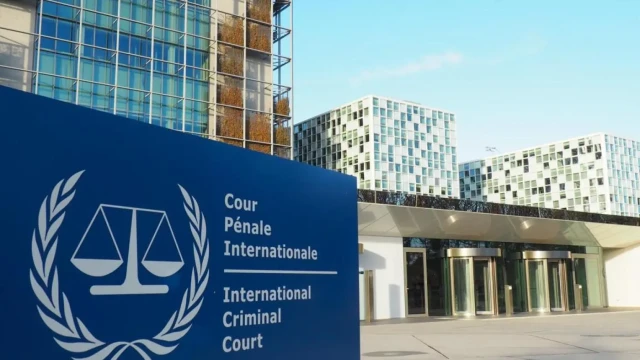

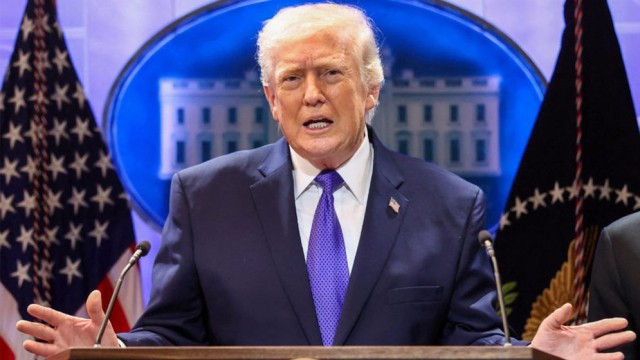
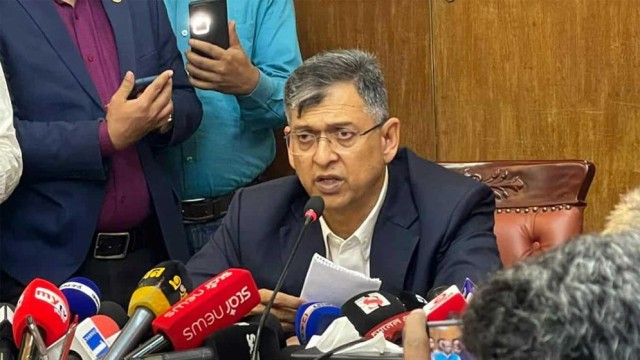
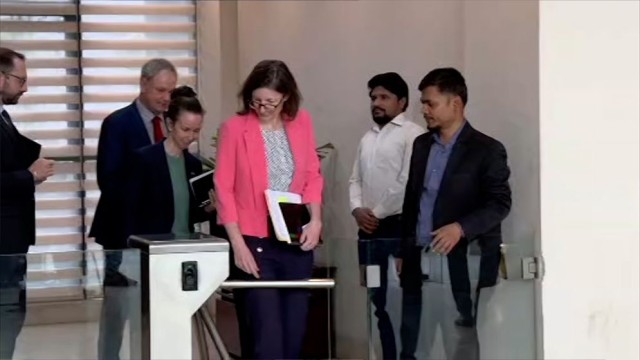
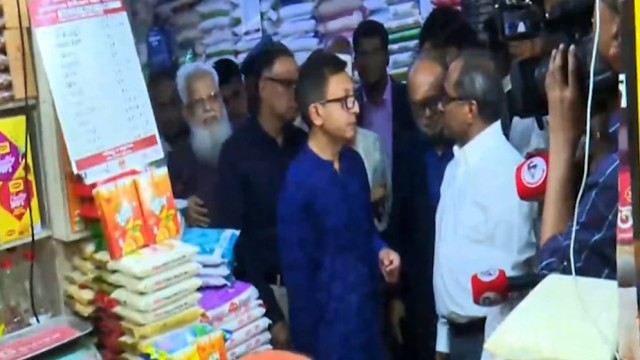
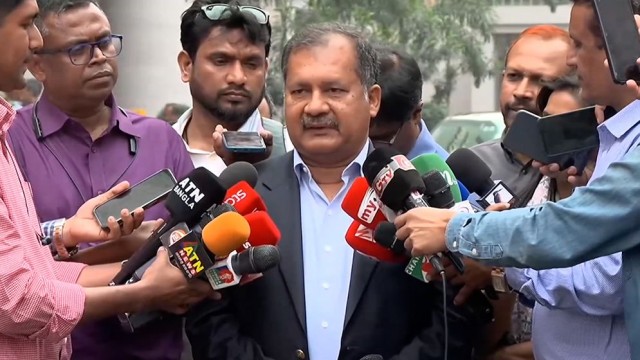
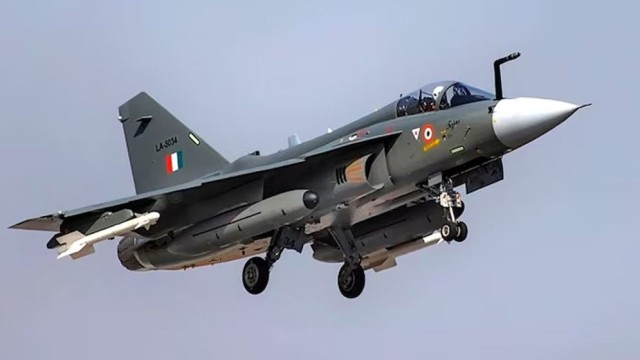
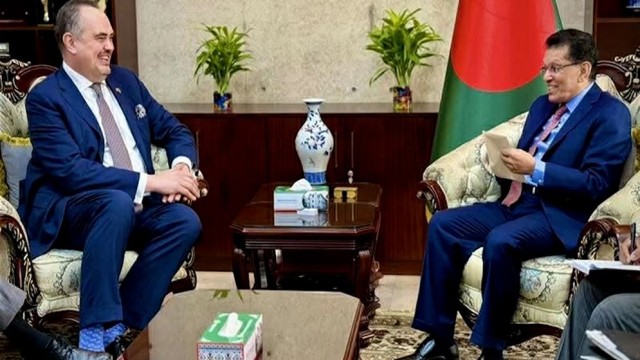
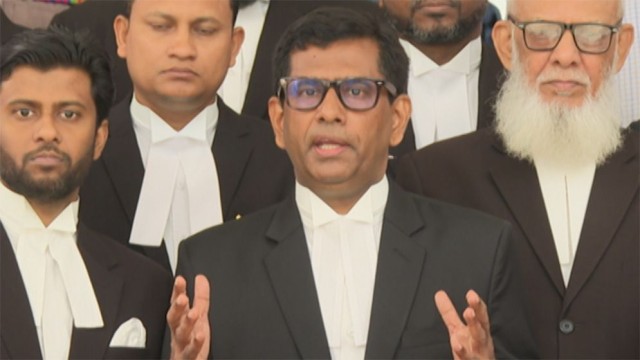
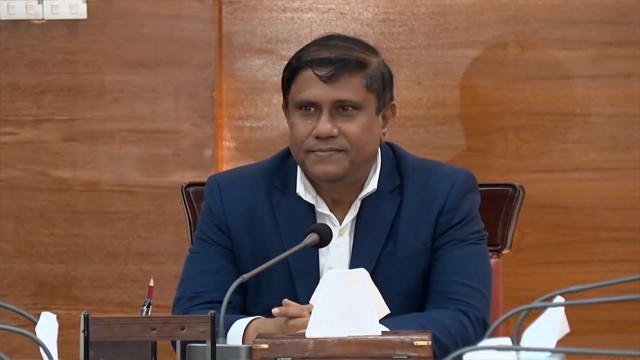
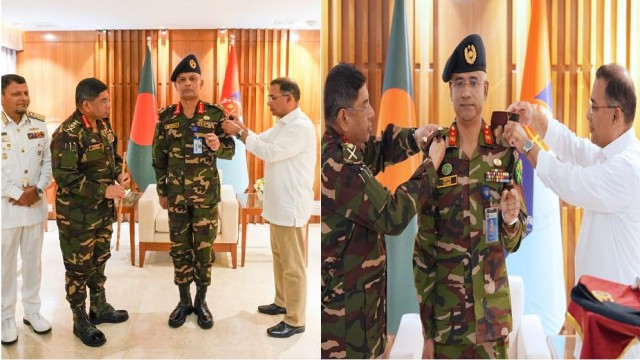











Comment: